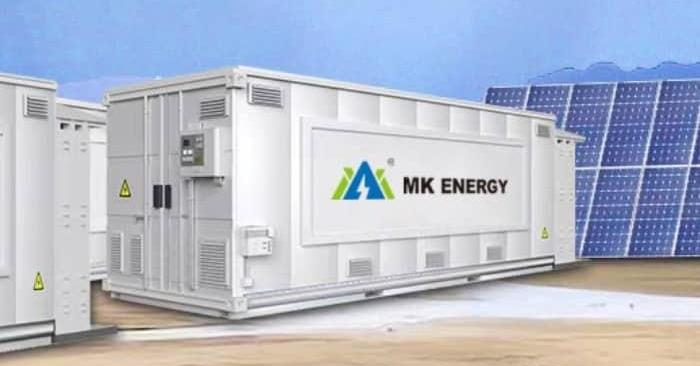Renewable energy storage has become the most central development for a sustainable future, and technological advances play a crucial role in realizing its full potential. This article examines the key developments shaping the renewable energy storage landscape. From cutting-edge battery technology to innovative approaches to grid integration, these technological advances are helping to enable efficient and widespread adoption of renewable energy storage.
Battery chemistry enhances the integration of renewable energy storage
Changing battery chemistry is an integral part of increasing the integration of renewable energy storage and is a crucial aspect of advancing renewable energy storage solutions. Advancements in battery chemistry are vital for efficient, reliable, and scalable energy storage in connection with solar and wind sources. Advanced chemistries, including lithium-ion, sodium-ion, and flow batteries, offer superior energy density, longer cycle life, and higher efficiency, ideally suited for storing energy from intermittent renewable energy sources. This shift enhances the overall performance and viability of renewable energy storage solutions. A vital aspect of this enhancement is addressing the intermittency and variability of renewable energy generation. Advanced battery chemistries enable faster charge and discharge rates, enabling efficient use of fluctuating renewable energy sources.
Enabling grid-scale renewable energy storage
Smart grids use advanced technologies to enhance two-way communications between power companies and end users, optimizing energy flow and consumption. Real-time monitoring of grid conditions allows for immediate adjustments in response to changes in energy demand, the availability of renewable energy storage, and unforeseen events. This dynamic approach ensures that renewable energy sources such as solar and wind are seamlessly integrated into the grid, addressing the intermittency of these energy sources. The Internet of Things (IoT) is a crucial enabler of innovative grid development. Strategically placed IoT devices collect real-time data on energy consumption, grid stability, and equipment performance throughout the infrastructure.
Advanced battery management system
BMS ensures renewable energy storage systems’ service life and performance. BMS ensures efficient and reliable operation of energy storage as solar, wind, and sustainable sources integrate into the grid. The BMS is the intelligence behind renewable energy storage, overseeing every aspect to optimize performance and extend the system’s life. A significant feature is the continuous monitoring of individual cells. Real-time tracking of voltage, temperature, and state of charge enables BMS to identify and ensure safe battery operation. This proactive approach prevents overcharging, over-discharging, and overheating, which is critical to maintaining the health of renewable energy storage systems.
Combining different storage technologies
Integrating various storage technologies is a crucial strategy to enhance the reliability and stability of renewable energy storage systems. Integrating lithium-ion batteries with complementary storage technologies. Lithium-ion batteries have high energy density and fast response times, making them suitable for short-term storage and rapid power transfer. Hybrid storage systems emerge when combined with technologies such as pumped hydro or compressed air energy storage, which can store large amounts of energy for extended periods. This mix enhances energy storage reliability by addressing varied renewable energy needs and durations.
Integrated AI to predict and optimize renewable energy storage
Integrating AI with renewable energy storage is revolutionizing the prediction and optimization of renewable energy storage systems. A critical application of AI in this regard is the predictive analysis of electricity generation from renewable energy storage. To predict renewable energy production, machine learning algorithms analyze historical data, weather patterns, and other relevant factors. This predictive capability enables energy storage systems to predict periods of high or low energy production, optimizing the storage cells’ charge and discharge cycles accordingly. By combining energy storage with expected renewable energy availability, AI enhances storage systems’ overall reliability and effectiveness.
Ultimately
Critical advancements in renewable energy storage technologies, from lithium-ion innovation to artificial intelligence-driven optimization, form a powerful toolkit to help you transition to a world centered on renewable energy storage.
